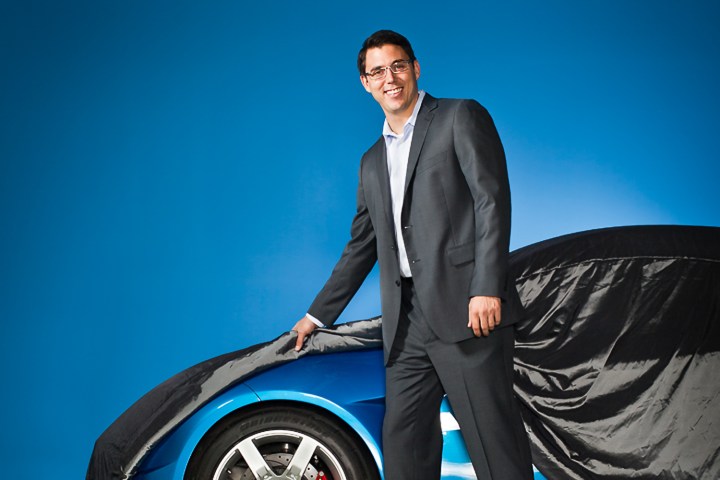
The Normal facility produced the Outlander SUV until the plant was shut down late last year. Liquidation service Maynard Industries purchased the facility from Mitsubishi in order to auction off the machinery inside and tear down the buildings, but the demolition work was put on hold when Rivian expressed last-minute interest in buying it.
Rivian wants to invest $175 million into the Normal factory over the next eight years. It hopes to employ 500 workers by the time the plant re-opens in 2021, and it ultimately wants its workforce to reach 1,000 employees. The factory employed 3,000 workers at its peak when it was run by Mitsubishi, and about 1,200 when it closed a little over a year ago.
A source familiar with Rivian’s plans told Reuters the startup hopes to build electric vehicles equipped with advanced self-driving software. That’s vague at best, but it suggests Rivian wants to join the ever-increasing list of foreign and domestic companies ready to tussle for a slice of the coveted long-range, high-tech EV segment. A press release issued by the state of Illinois simply states Rivian is “developing an integrated portfolio of vehicles and services to advance the shift to sustainable mobility.”
It’s difficult to tell precisely what Rivian has in store for the future. The secretive brand was founded in 2009 by Massachusetts Institute of Technology (MIT) graduate R.J. Scaringe but it’s never shown a car or even a concept, though some key people close to the deal recently drove a prototype. It employs about 100 people, including a former General Motors and Ford designer named Larry Erickson and former Chrysler vice president Lawrence Achram. Its official website is merely a dark gray page with the company’s name and the words “coming soon.”
State officials have welcomed the deal because it promises to bring lost jobs back to the Land of Lincoln.
“There’s so much to gain, and, from our perspective, not much to lose,”explained council member R.C. McBride in an interview with newspaper Pantagraph. The agreement reached states Rivian needs to invest a minimum of $40.5 million and hire at least 500 workers by 2021 in order to receive tax breaks.
If everything goes according to plan, the purchase will be finalized on January 3 of next year.



